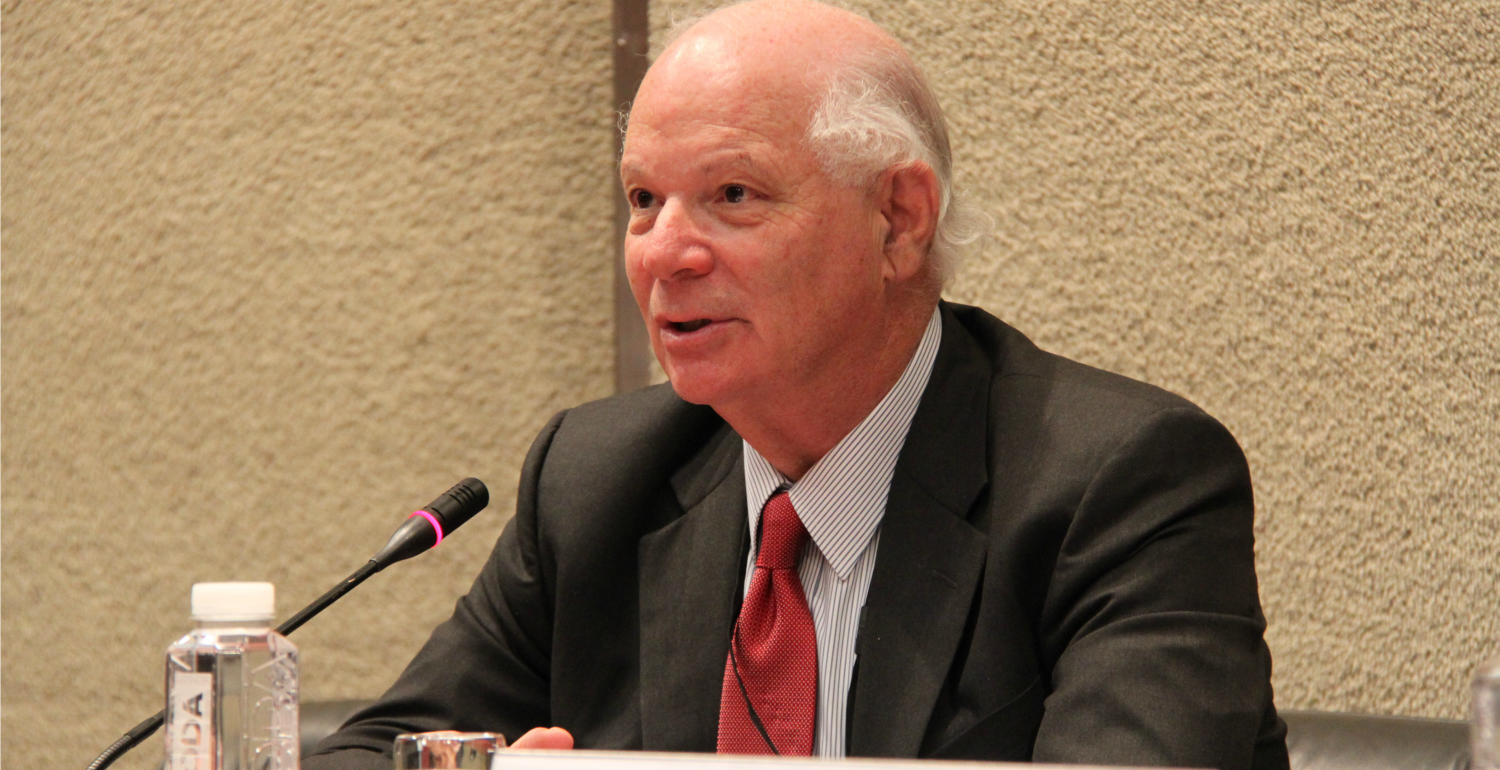When the U.S. funding bill commonly known as the Omnibus passed in May 2017, it included a number of provisions outlining U.S. foreign policy and national security measures. It also included provisions supporting diversity and human rights in foreign affairs in the face of increased violence and discrimination across the 57 North American and European countries that make up the Organization for Security and Cooperation in Europe.
“Continuing anti-migrant and refugee sentiments, anti-Muslim backlash following terrorist attacks, and a surge in anti-Semitic and racist incidents in this country and abroad are just some of the reasons I was compelled to act,” said Helsinki Commission Ranking Senator Ben Cardin (MD), who is also the OSCE Parliamentary Assembly’s first Special Representative on Anti-Semitism, Racism, and Intolerance.
“These legislative provisions are just a few recent efforts I have advanced to ensure diverse populations in our country and throughout the OSCE region are afforded the same rights, protections, and opportunities as others that are enshrined in the Helsinki Final Act and numerous OSCE tolerance and non-discrimination commitments,” said Senator Cardin, whose U.S. spending bill provisions include:
- Increased funding to counter global anti-Semitism.
- U.S. support for the Organization for Security and Cooperation in Europe (OSCE) to advance new initiatives to counter anti-Semitism, racism, and intolerance.
- Expansion of the Department of State workforce diversity programs.
Prior to the passage of the Omnibus, on April 25 Senator Cardin introduced the National Security Diversity and Inclusion Workforce Act (NSDIWA) of 2017, building on legislation he passed in December 2016 to diversify the State Department and USAID labor force.
“I have championed these equality and anti-discrimination provisions because America’s diversity is one of our greatest assets as a nation, and our government should reflect that reality,” said Senator Cardin.
“When America leads with our values on display, whether we are promoting human rights abroad or helping resolve conflicts to help societies heal and move forward, including our own, it should be done with personnel who reflect the entire tapestry of the United States,” Senator Cardin continued. “Inequities and discrimination are not just a U.S. problem. The hope is that this legislation can also serve as a model for other countries grappling with similar issues from hate crimes to inequality.”
Senator Cardin was appointed the OSCE PA’s Special Representative on Anti-Semitism, Racism and Intolerance in March 2015. More on his mandate and efforts can be found at http://www.oscepa.org/about-osce-pa/special-representatives/anti-semitism.





